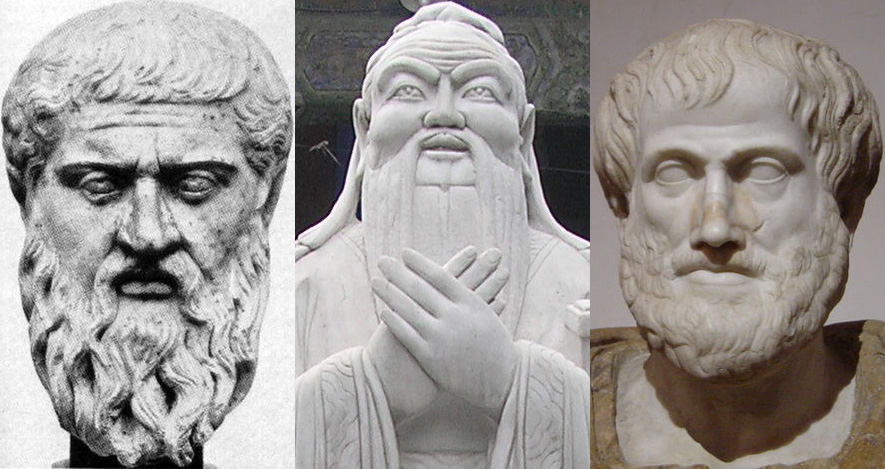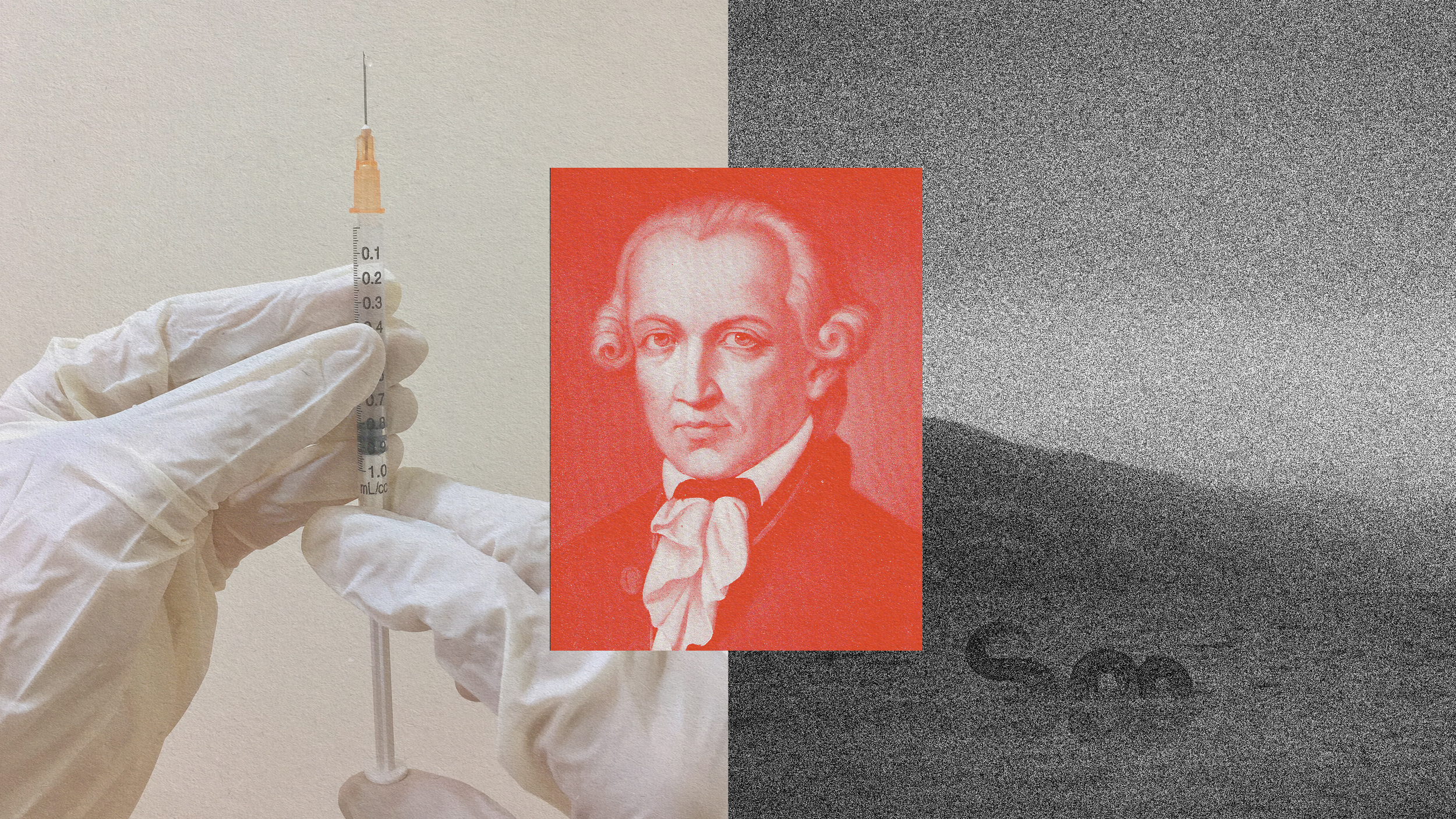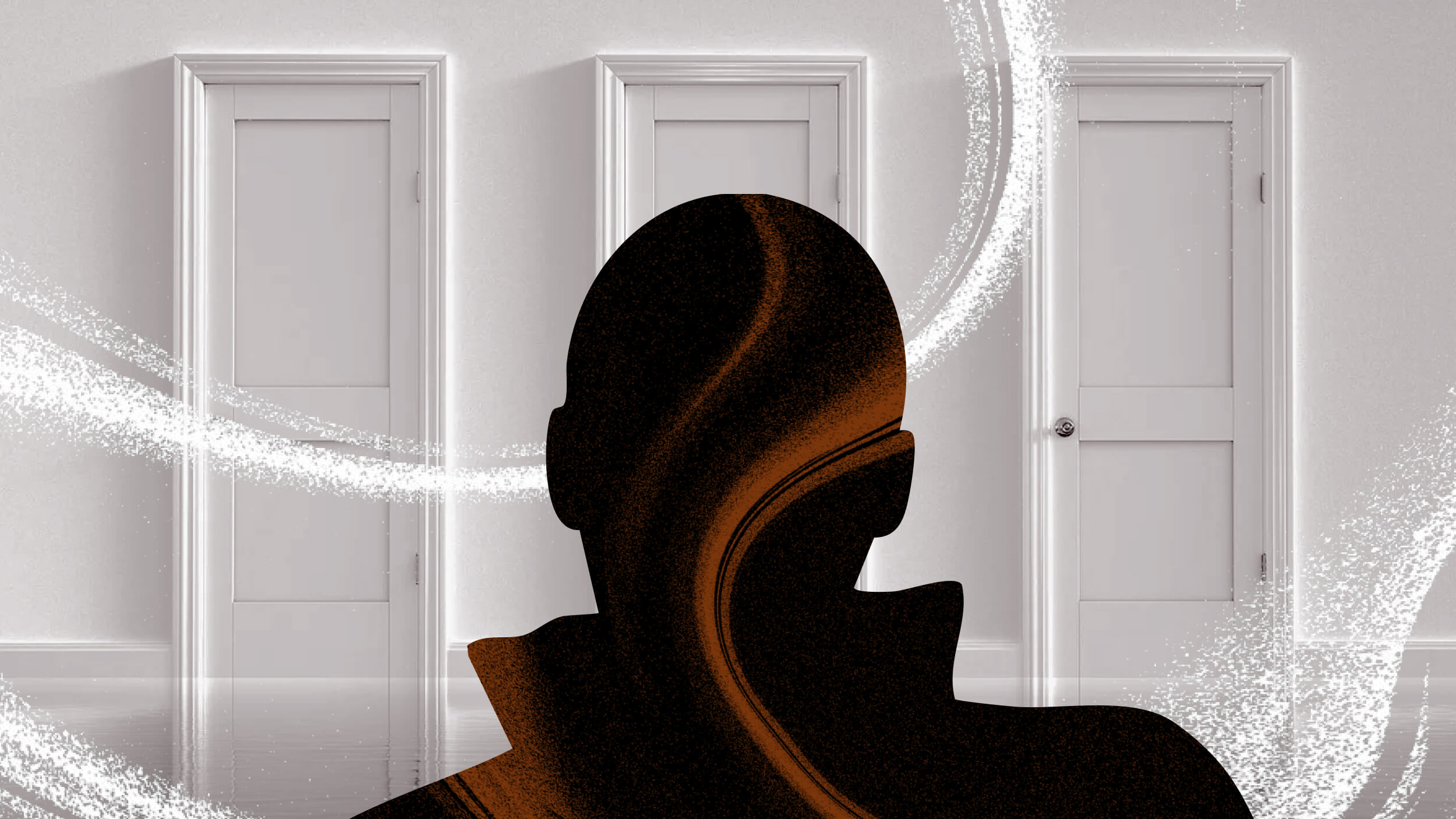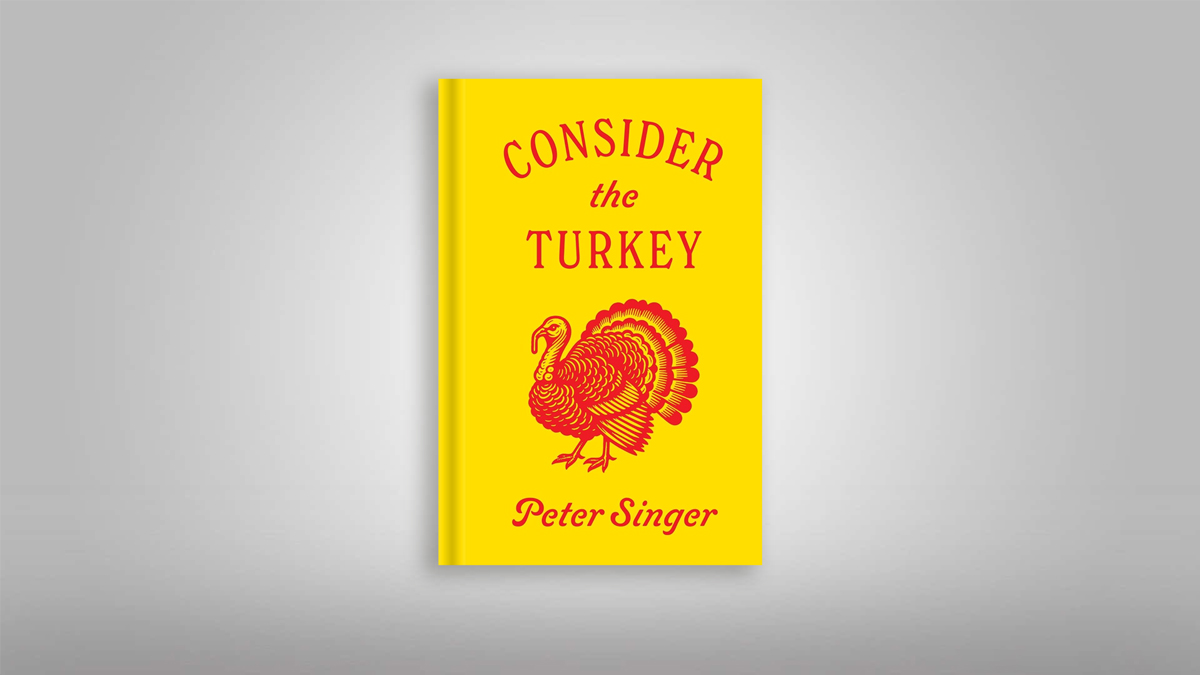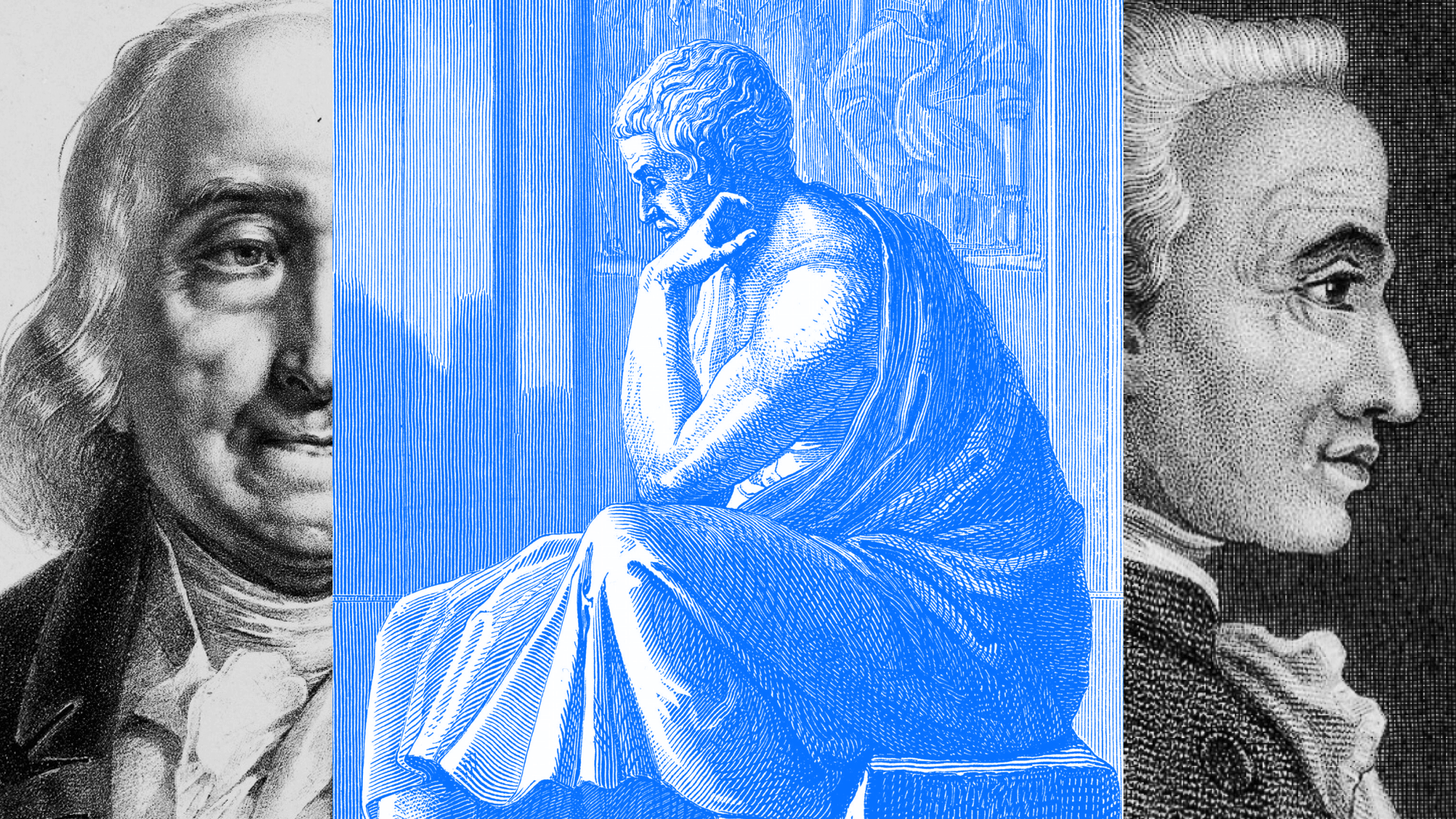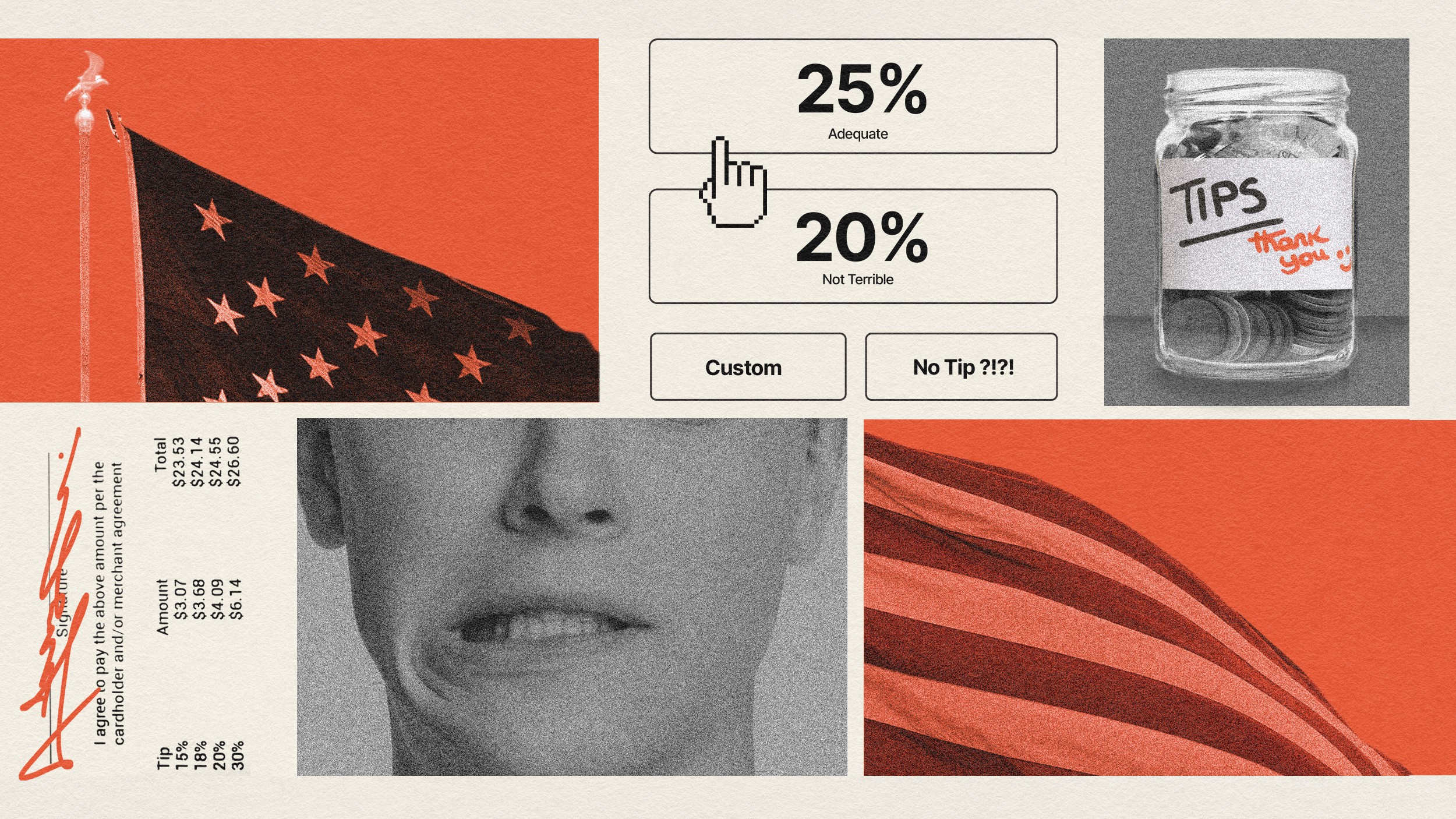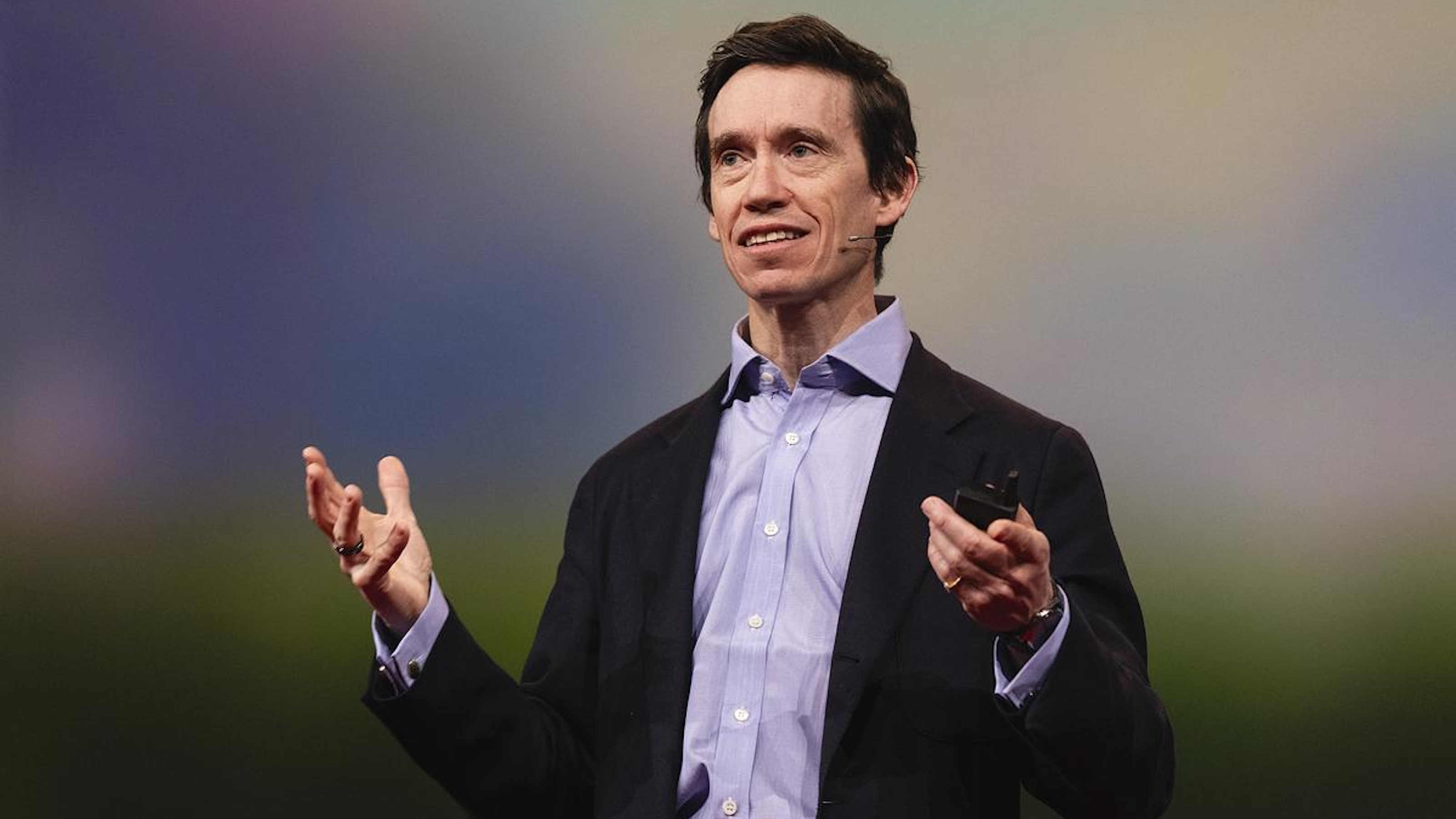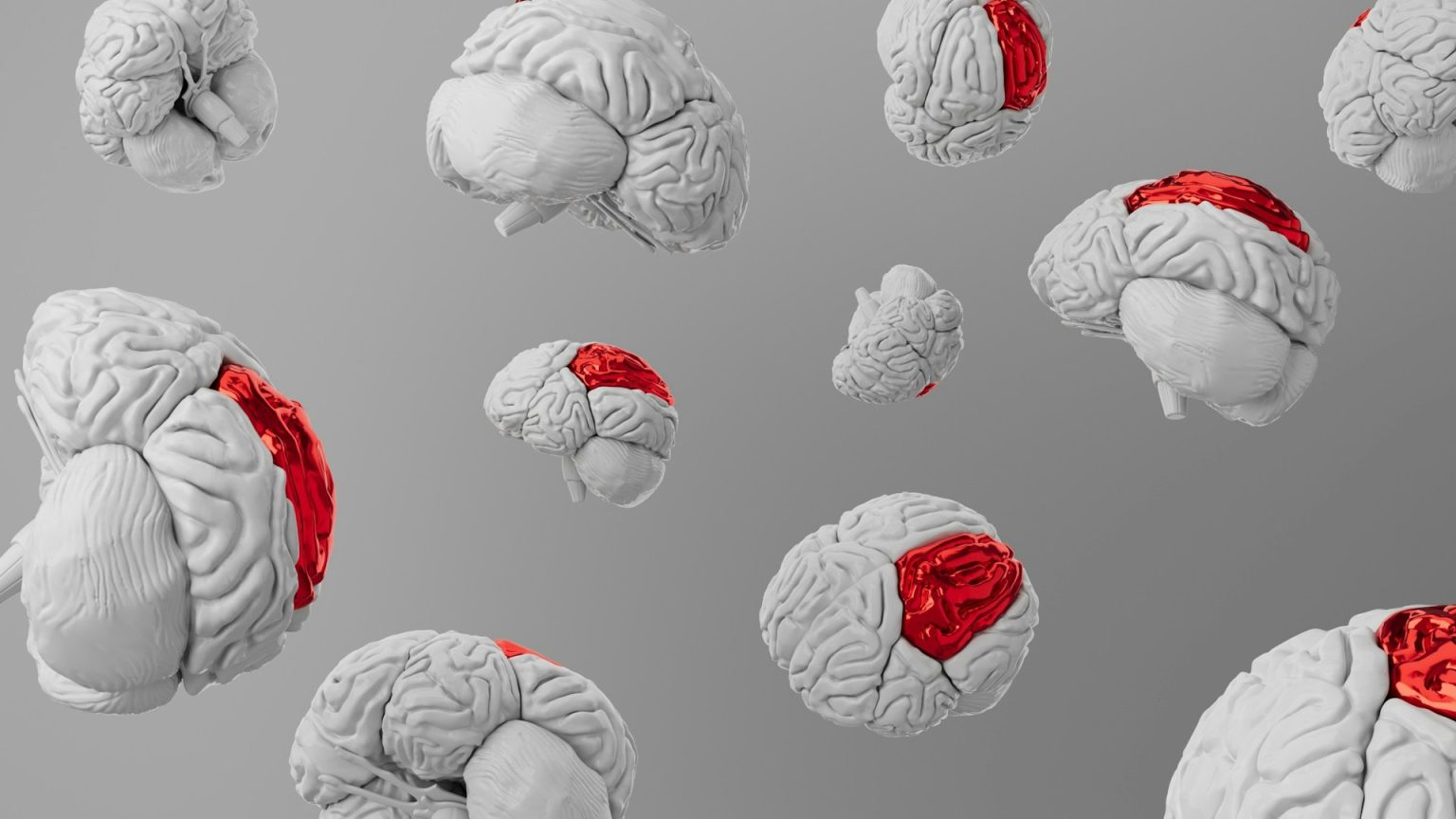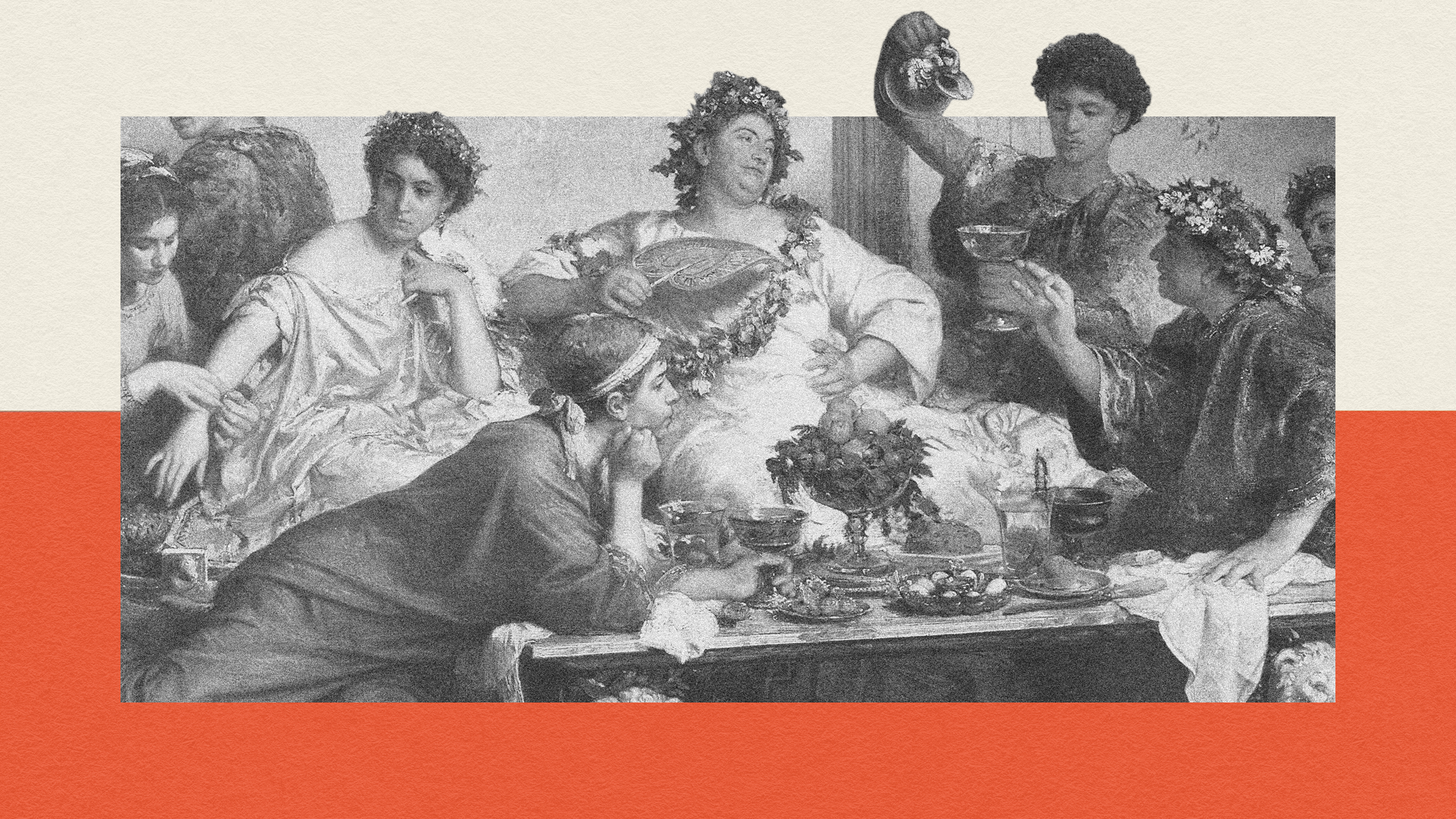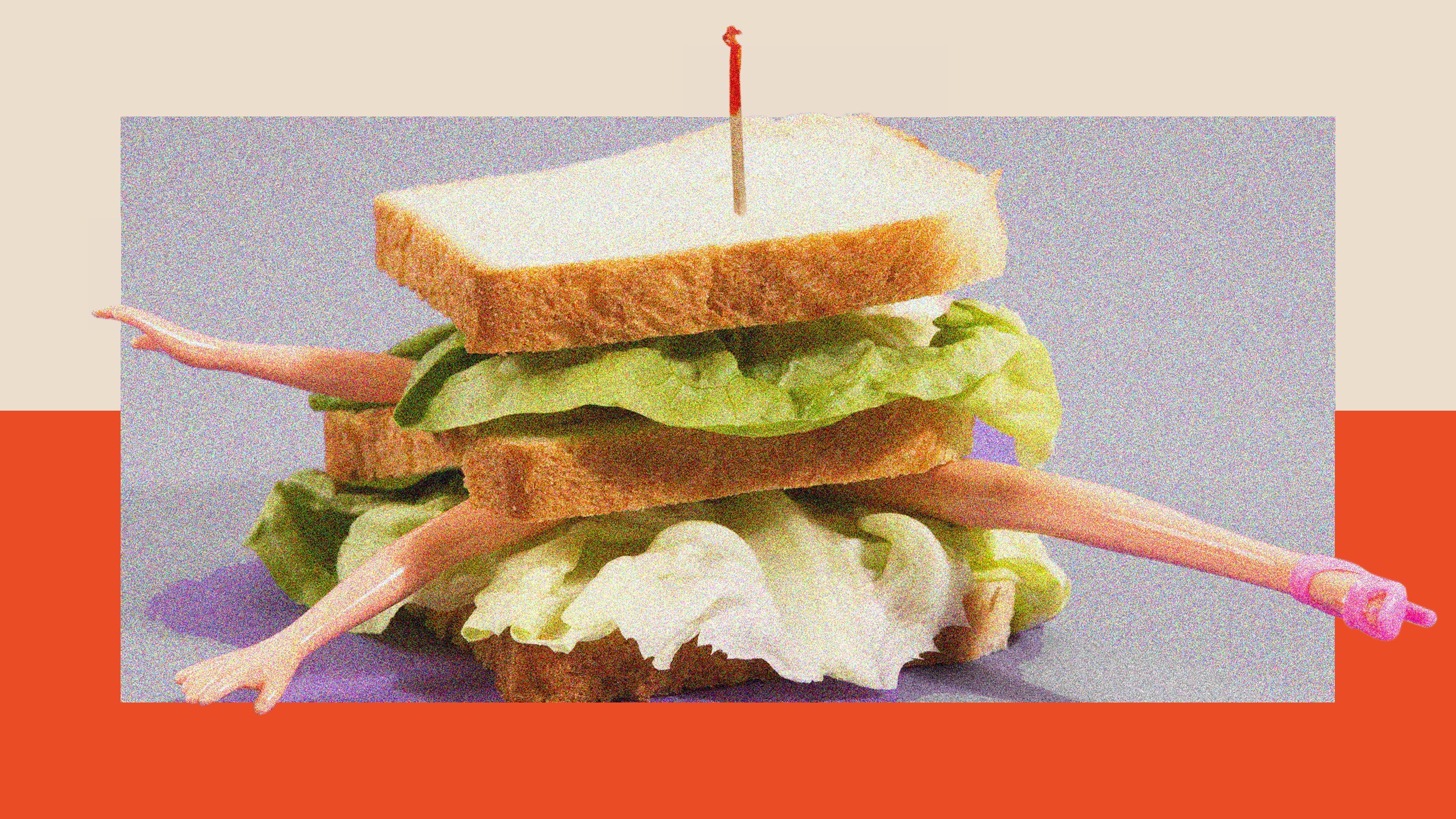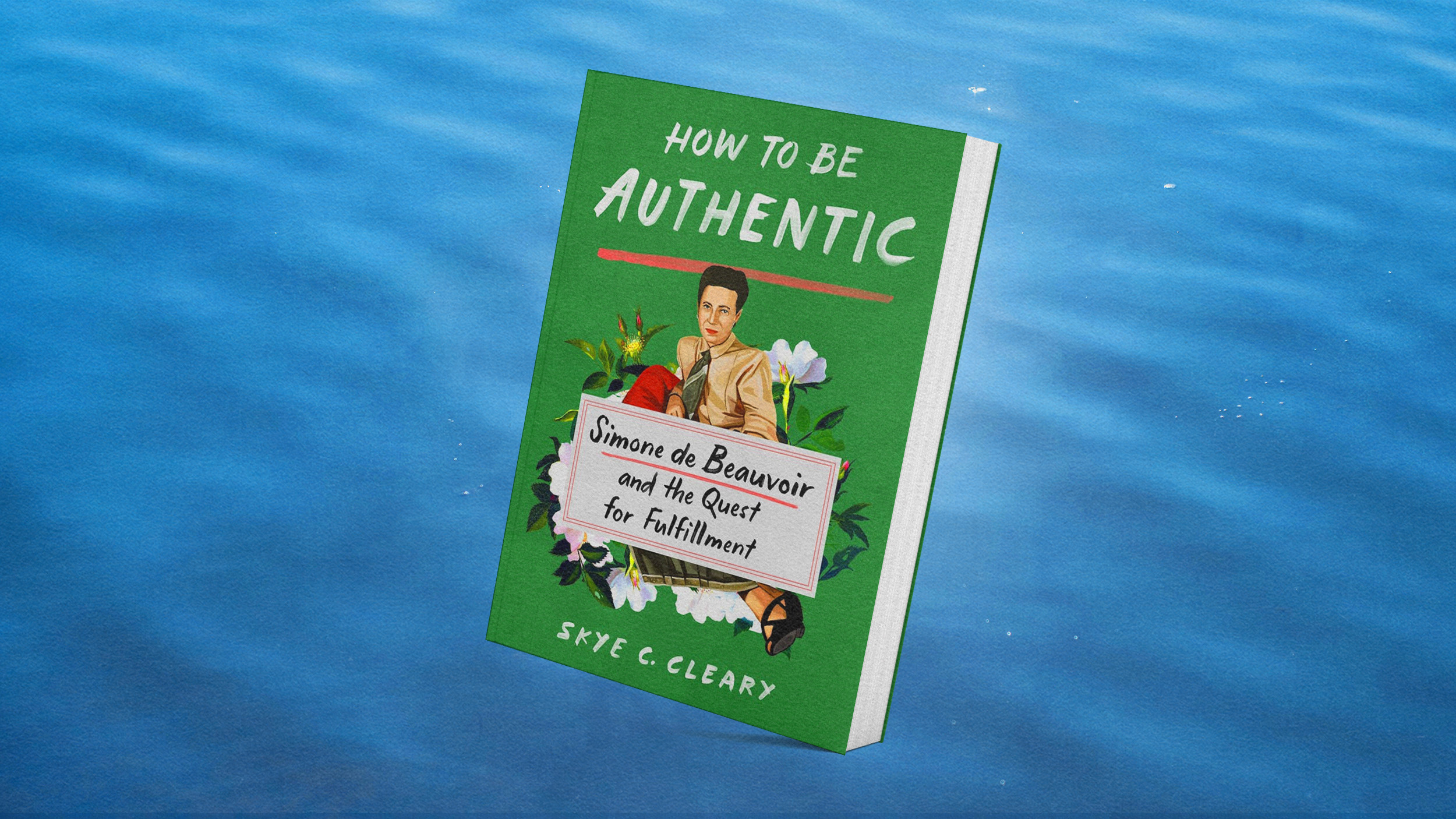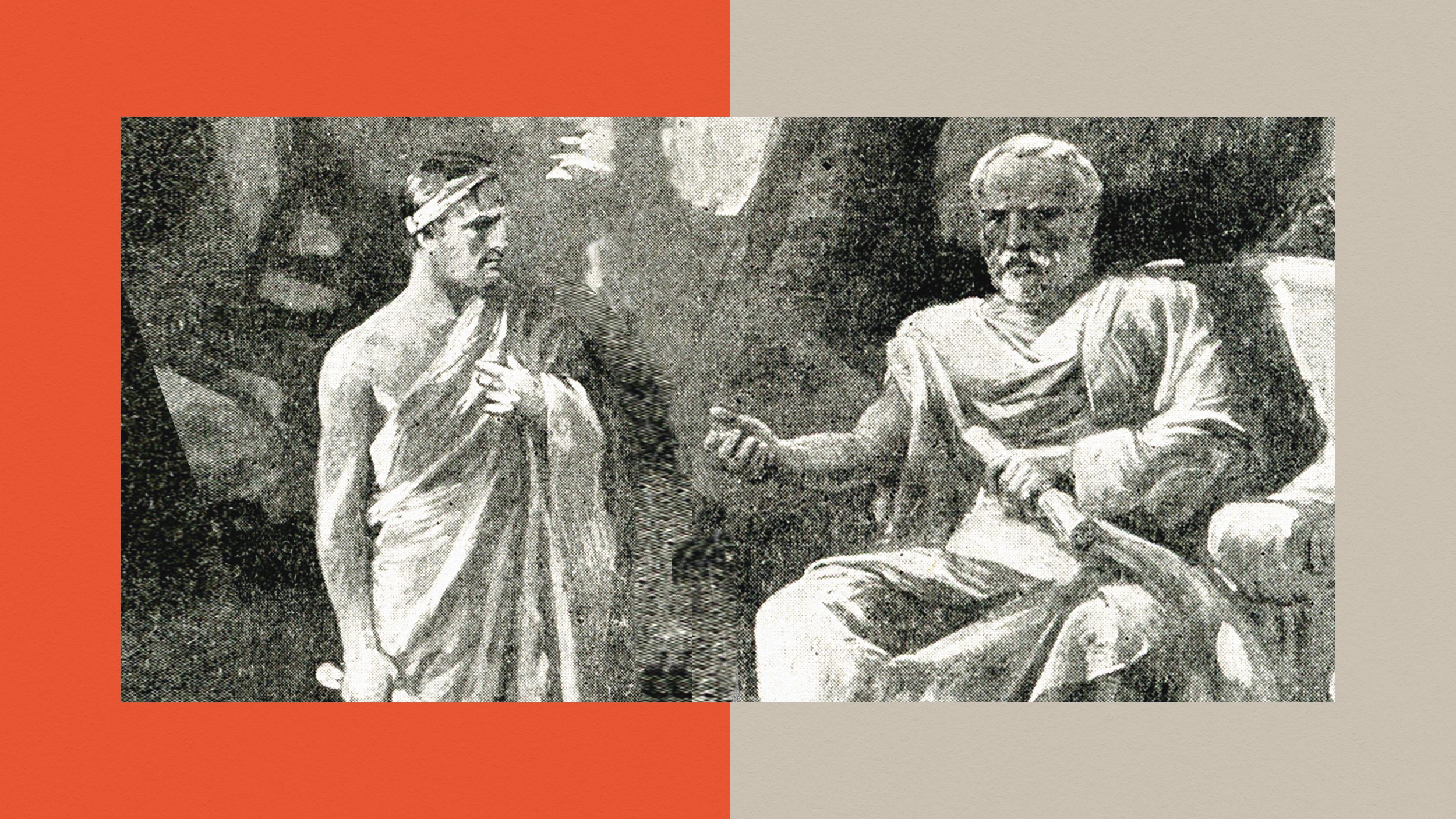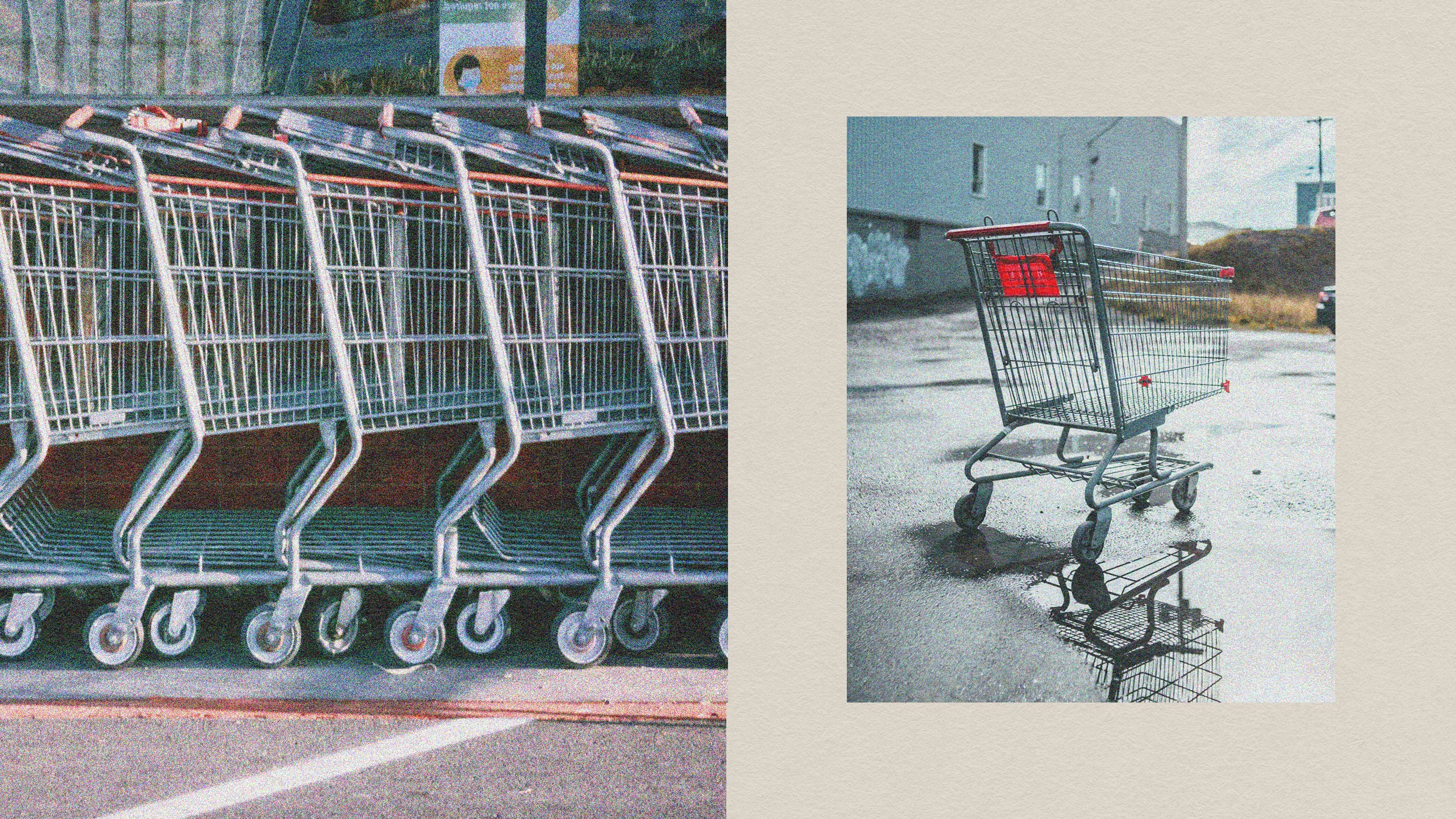Ethics
Two great philosophies — but do they work better together?
“I have a friend who thinks vaccines cause autism,” writes Nina. “What can I do?”
In the 18th century, David Hume argued that we are only motivated to do good when our passions direct us to do so. Was he right?
Can laboratories become more humane, or is it time to end animal research altogether?
Philosopher Peter Singer argues it’s time to examine a morally dubious practice.
Three of the greatest moral philosophers — Bentham, Kant and Aristotle — offer invaluable and practical lessons for leaders today.
Why do we tip waitstaff and cabdrivers but not flight attendants and retail clerks?
Cecilie Fjellhøy, from the Netflix documentary The Tinder Swindler, shares her experience.
“We’re acting more like fans of a football team going to a game than a banker carefully choosing investments.”
Why human attempts to mechanize logic keep breaking down.
As creatures and machines meld together in increasingly advanced forms, ethicists are starting to take note.
Big Think guest writer Rory Stewart — former UK Secretary of State for International Development and co-host of The Rest Is Politics podcast — made a profound discovery about leadership while working with GiveDirectly.
The idea of awarding legal personhood to nature has received renewed attention in the contemporary environmental justice movement, but much contention remains.
“The brain is never the same from one moment to the next throughout life. Never ever.”
When stuffed and staring down the last bite, you might hear your mother’s voice in your mind.
In “Moral Ambition,” Dutch historian Rutger Bregman argues that all would benefit from a collective redefinition of success.
A golden new era of business is within our reach — provided that we harness AI’s potential while mitigating the risks.
A researcher weighs in on who’s accountable, when and why, in the eyes of the law — and whether the measures work as intended.
Are fava beans and chianti really the best pairing for human liver?
The philosopher Skye C. Cleary explores what being authentically happy looks like in a world where so many can’t be.
Just being a pessimist, cynic, or apathetic doesn’t make you a nihilist.
A reader asks whether we have an ethical responsibility to always debate bad beliefs, especially those that come from our elders.
The preservation and celebration of life, and not greed, should be our primary decision-making value.
The “Shopping Cart Litmus Test” is a popular meme about morality. What does it really reveal about one’s character?
“Values emphasizing tolerance and self-expression have diverged most sharply, especially between high-income Western countries and the rest of the world.”
Nicole has been dating someone for a while but it’s not working out from her point of view. Is sudden radio silence an ethical option?
Rich is brilliant at his job. He completes work in half the time of his coworkers. Should he have to sit at his desk just as long?
How would you feel about working like a Lutheran or a Cistercian?
The benefits of going the extra mile to be socially responsible are felt by customers, employees, and shareholders alike. Here’s a plan to secure them.
Whenever someone waxes poetic about terraforming alien worlds, it’s worth taking a moment to consider the ethical implications of the proposal.
